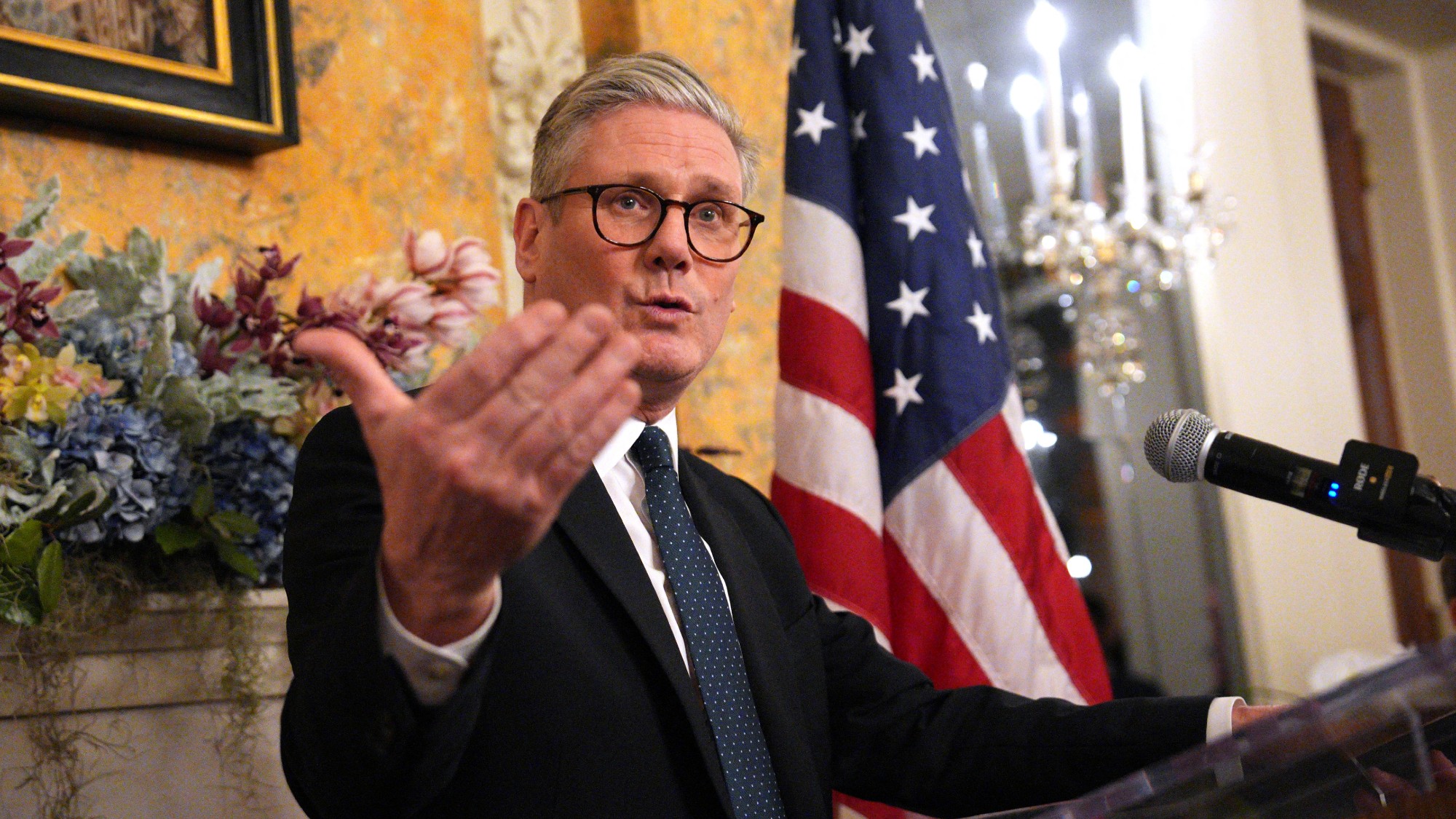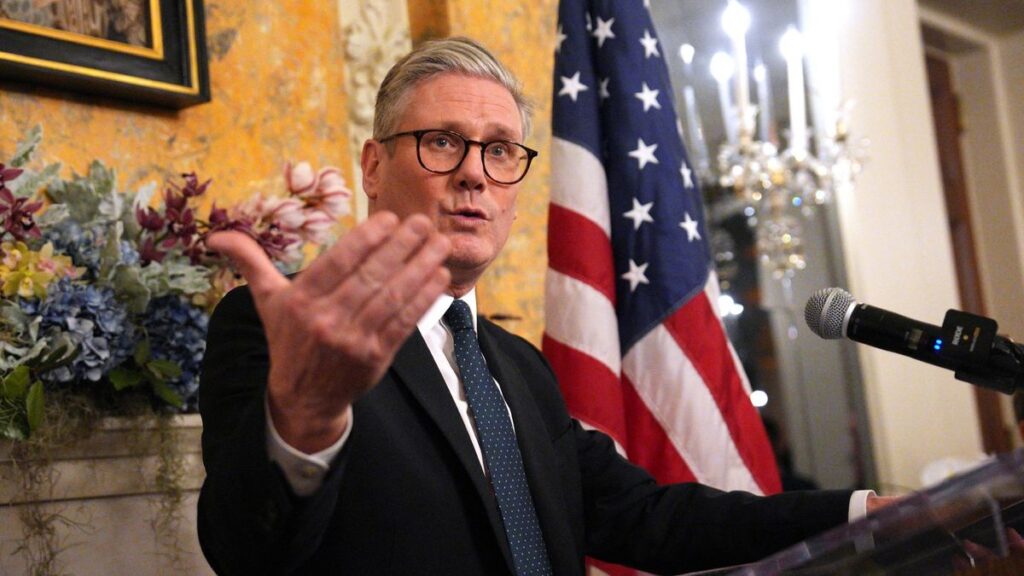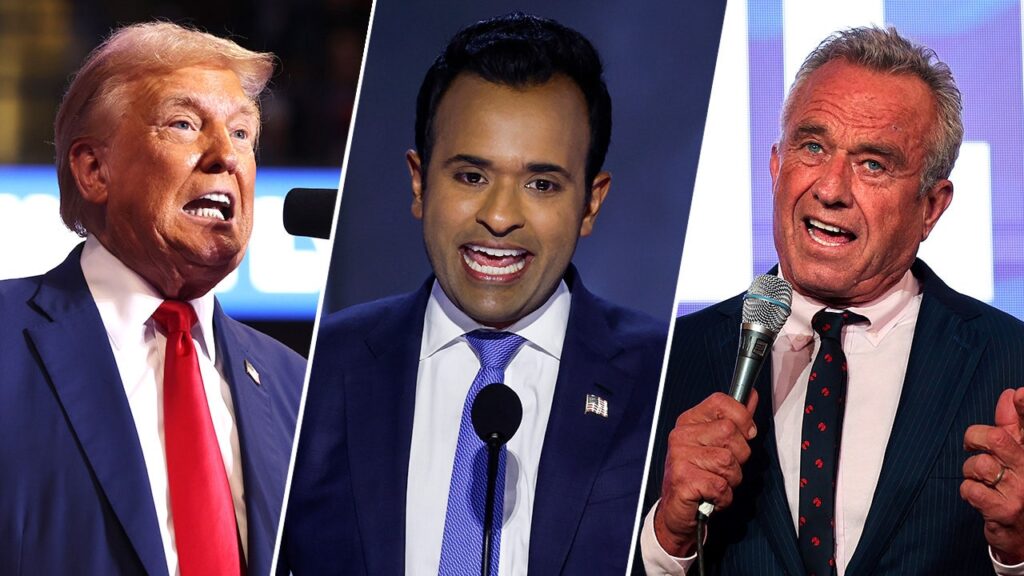Keir Starmer had “several clear victories” in his meeting with Donald Trump at the White House yesterday, said Steve Swinford, political editor of The Times. But the US president is a notoriously mercurial politician, and questions remain about what exactly Starmer will gain, in the weeks to come, from his widely-praised performance in Washington D.C.
The prime minister has “good reason for optimism” because he “appeared to secure some significant concessions” on the Chagos Islands and tariffs, in particular, said Swinford. Trump said a US-UK trade deal “could remove the need for any tariffs entirely”. Given his talk about his “investments” in the UK and his “great warm spot” for the country, it’s “not impossible” that the president ends up giving Britain exemptions from tariffs “because imposing them would damage his personal business interests”.
But there are “crucial unanswered questions”, said Dan Bloom on Politico. After the encounter, Trump aides clarified that the White House is “not prioritising” any “full-fat” free-trade agreement with the UK. Instead, any deal is expected to be “narrow” and tech-focused, said Chris Mason, political editor of the BBC.
Subscribe to The Week
Escape your echo chamber. Get the facts behind the news, plus analysis from multiple perspectives.
SUBSCRIBE & SAVE
Sign up for The Week’s Free Newsletters
From our morning news briefing to a weekly Good News Newsletter, get the best of The Week delivered directly to your inbox.
From our morning news briefing to a weekly Good News Newsletter, get the best of The Week delivered directly to your inbox.
There’s still “a long way to go”, said Beth Rigby, political editor of Sky News, but “against a backdrop of a president threatening tariffs on a number of countries”, yesterday was “a big win for the PM”.
Trump also suggested approval of Starmer’s deal to hand the Chagos Islands over to Mauritius, which is “a boost for Downing Street”, said Ben Riley-Smith, political editor of The Telegraph. Starmer’s team had feared that Trump would reject the deal he inherited from Joe Biden. But the president’s comments – that he would be “inclined to go along” with the deal but would need to see the details – “leave open the possibility he could change his mind”.
Starmer did make one mistake, said Irwin Stelzer in The Spectator – “highlighting” his continued support for a two-state solution for Israel and Palestine, a “major policy difference” and a “direct repudiation” of Trump’s own vision for Gaza. The president may yet “retaliate” for Starmer’s attacks on “his host’s policies”.
What next?
The issue of a peace plan for Ukraine and US support for UK and European peacekeeping forces remains unresolved. Volodymyr Zelenskyy’s visit to the White House today should offer some more clarity but there remains “considerable uncertainty” about the practicalities of a peace deal, said the BBC’s Mason. Europe wants to be assured the US “has its back”, but there’s been no “public offer of air cover” from the White House.
In the end, this could force Starmer to choose between good relations with Europe or good relations with Washington. As the “transatlantic divide” between the US and the EU grows, particularly on trade and defence, he “may find himself trying to bridge a widening gap”, said Andrew Roth in The Guardian.



